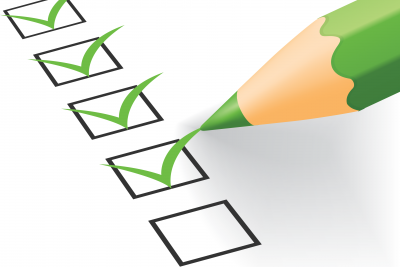For many families, the winter holiday season also means wrapping up or an end to the current term. In our children’s backpacks and mailboxes arrives those wonderful requests for parent teacher conferences, and around the corner comes report cards. We wanted to take the time to review with you some facts about progress reports for those children who have an IEP, (Individualized Educational Plan) as well as how the first progress report can be the most beneficial. Read More
Progress reports for special education children, should be reported at a minimum as often as any other general education student. This means, if the school sends home report cards three times a year then there should also be progress reports at the same rate for children with special needs. Progress reports are a requirement of IDEA as outlined below:
IDEA states that each child’s IEP must contain:
(3) A description of—
(i) How the child’s progress toward meeting the annual goals described in paragraph (2) of this section will be measured; and
(ii) When periodic reports on the progress the child is making toward meeting the annual goals (such as through the use of quarterly or other periodic reports, concurrent with the issuance of report cards) will be provided…[§300.320(a)(3)]
The first progress report will be one of the most important, as it gives us an idea of how the goal currently relates to our children’s present level of performance. These may have been set months ago and possibly even during the previous school year. Parents do not need to wait till the next annual meeting to discuss the goals, losing valuable time.
So what do these progress reports contain? These should address information that relates to how your child is progressing towards their annual goals. Parents should review these progress reports to find if children are progressing satisfactorily or if they have already achieved them and goals were set too low. If either situation seems to be the case, it may be time to request a meeting to revise the IEP to provide new goals or more appropriate supports to attain the goal.

